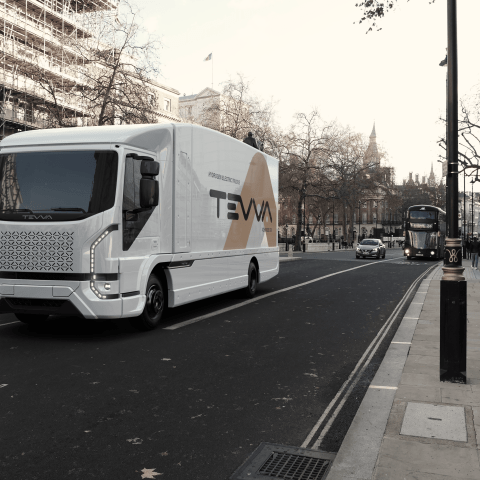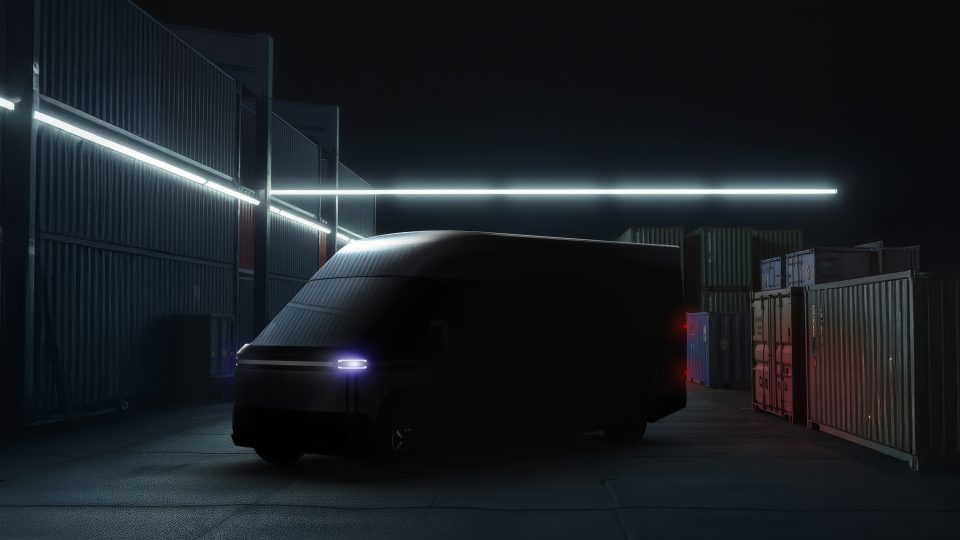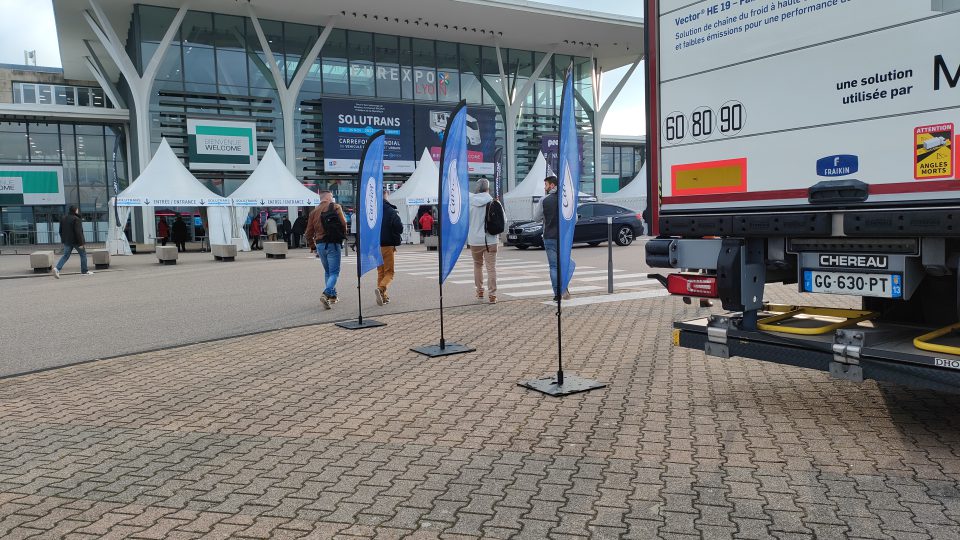Tevva shared the stage at COP28 in Dubai: “Meaningful actions” are needed on ZE trucks
"We need help to scale up and carve a pathway towards greater adoption of zero-emission vehicles. Simply put, we believe that further government action is required to ensure that the UK achieves its net zero goals in the best and fastest possible way for the good of the environment, economy and British people", said Stuart Cottrell, Head of Energy Services and Government Partnerships at Tevva.

British electric and hydrogen truck manufacturer Tevva was among the companies involved in the COP28, the biggest international event focused on climate change. Tevva was invited in the briefing called ‘Accelerating the Transition Through Road Transport’.
Despite some significant challenges the company had to face this year, similar to many startups in the electric vehicle space, Tevva is producing battery-electric trucks at the London facility. “We need help to scale up and carve a pathway towards greater adoption of zero-emission vehicles. Simply put, we believe that further government action is required to ensure that the UK achieves its net zero goals in the best and fastest possible way for the good of the environment, economy and British people”, said Stuart Cottrell, Head of Energy Services and Government Partnerships at Tevva in a press note.
Tevva at COP28 in Dubai: “The adoption of clean trucks won’t play out on paper”
“We certainly do appreciate the British government’s support to date, but for this country to accelerate EV adoption and meet its net zero goals, more is needed”, he added. “In the UK we have more ambitious goals of 100% zero-emission by 2035 for commercial vehicles below 26 tonnes (where Tevva is currently operating), and 2040 for 26 tonnes and over. This looks good on paper, but the adoption of clean trucks won’t play out on paper – rather in company boardrooms and at the desks of procurement and fleet decision-makers”.
“Yet the financial incentives on offer for truck adoption in the UK are paltry compared to those found on the continent. A second area in which we severely lag behind mainland Europe is the available charging infrastructure. In Germany right now they’re building Europe’s first public charging corridor for electric trucks along major logistics routes. In the UK you’d struggle to find a single dedicated electric truck charging facility en route to any delivery”.
“No one said the electrification of trucks was going to be easy – added Cottrell – but it is inevitable, and the technology has developed to a point where an electric truck is a viable proposition for many fleet operators. Yet our ambitious targets in the UK are not backed up by the right actions to enable, incentivise and de-risk the shift. It’s imperative that these actions and policies are put in place to facilitate the journey to net zero, by this government or the next”.


















